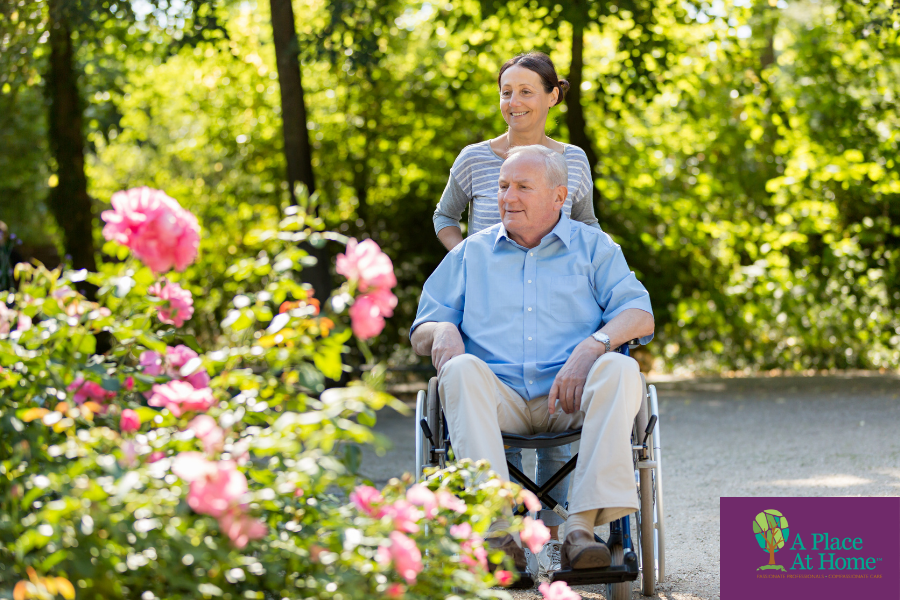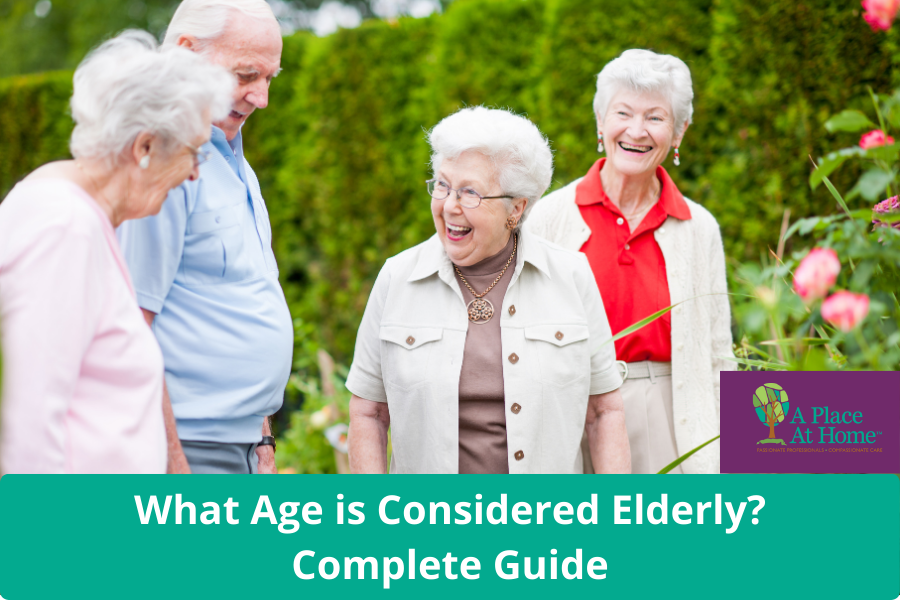Someone is typically considered elderly at 65 years old, which is the age recognized by Medicare and many senior benefits programs in the United States. However, definitions vary globally, and factors like health, lifestyle, and retirement age also influence how “elderly” is defined. Recognizing this milestone is important, as it opens access to senior benefits such as discounts and federal programs like Medicare.
What Age Qualifies Seniors for Federal Programs and Senior Benefits?
In the United States, chronological age is the primary factor that determines eligibility for senior programs and benefits. Most people are considered elderly at 65, which is the age when they qualify for Medicare, the federal health insurance program for older adults.
Medicare Eligibility: When Seniors Qualify
- Individuals become eligible for Medicare at 65.
- Medicare provides coverage for hospital care, medical services, and prescription drugs.
- Early enrollment is recommended to avoid penalties, and understanding the different parts of Medicare (A, B, C, D) is important for planning.
Social Security Benefits: Early vs Full Retirement Age
- Seniors can elect to receive Social Security benefits as early as 62.
- Full benefits depend on birth year, typically between 66 and 67, or up to 70 if delayed.
- Deciding when to claim benefits can impact long-term income and retirement planning.
Senior Citizen Discounts: Age Thresholds
Another common indicator of “elderly” status is senior citizen discounts, which vary by retailer and organization:
- Some discounts begin at 50 years old, often for entertainment, travel, or memberships.
- Others start at 60+, such as restaurants, retail stores, or transportation services.
- These discounts are not federally regulated, but can signal when society generally considers someone a senior.
Other Age-Based Senior Programs
- Many state and local governments provide programs for older adults, such as:
- Reduced public transportation fares
- Property tax exemptions
- Recreation or educational programs for seniors
- Eligibility often begins at 60–65, depending on the program.
Combining these federal and local benefits gives a clear picture of when someone is considered elderly in social, medical, and financial contexts.

Lifestyle Differences Among the Elderly
The term “elderly” can be further classified into three age groups:
- Young-Old (65-74 years): Active and generally independent
- Middle-Old (75–84 years): May require some assistance with daily tasks
- Old-Old (85-94 years): Often require more comprehensive care
- Very Old-Old (95-104 years): Most individuals require significant assistance with daily tasks and medical care
Chronological age is relative. Vibrant seniors may feel younger than their age, pursuing sports, social events, and independent lifestyles. Others may face mobility or health challenges that make them more dependent. Genetics, lifestyle, and overall health all play key roles in determining at what age a person is considered elderly.
What Are the Four Stages of Aging?
Families can use the four primary stages of aging to determine when extra support may be needed:
- Independence (60-70): The first stage is independence, when the older adult manages the activities of daily living without help.
- Interdependence (70-80s): Interdependence is the second primary stage. During this period, seniors need help with completing daily activities, such as preparing meals, maintaining the home, or performing personal hygiene tasks, like grooming.
- Dependency (70+): Dependency is the third stage, as briefly mentioned earlier, wherein the older person is burdened by chronic health conditions or impairments and requires more assistance with their daily activities.
- End-of-Life Care: The end-of-life stage is the final stage when the older person needs 24-hour care. The senior may be enrolled in a hospice care program or be admitted to an assisted living facility.
While considering someone as elderly is based on multiple factors, 65 is generally the age when seniors start needing extra support in daily life. When your aging loved one needs assistance, A Place At Home is available.

Senior Home Care from A Place At Home – Winter Garden
At A Place At Home – Winter Garden, we provide compassionate senior home care services that help seniors of all ages live safely and independently in the comfort of their own homes. Our professional caregivers offer a full range of non-medical elder care services, ensuring that each senior receives the support they need to age in place comfortably and confidently.
Our caregivers assist with everyday tasks such as:
- Preparing nutritious meals and grocery shopping
- Light housekeeping and home organization
- Mobility support to prevent falls and maintain safety
- Companionship to reduce loneliness and promote social engagement
No matter the age of your loved one, our care options are flexible and tailored to meet individual needs, from short-term support to 24-hour home care. Let us help your senior enjoy a higher quality of life at home. Schedule a free in-home consultation today to discover how our home care services in Winter Garden, Ocoee, Windermere, Orlando, FL, and nearby areas can make a meaningful difference for your family.

